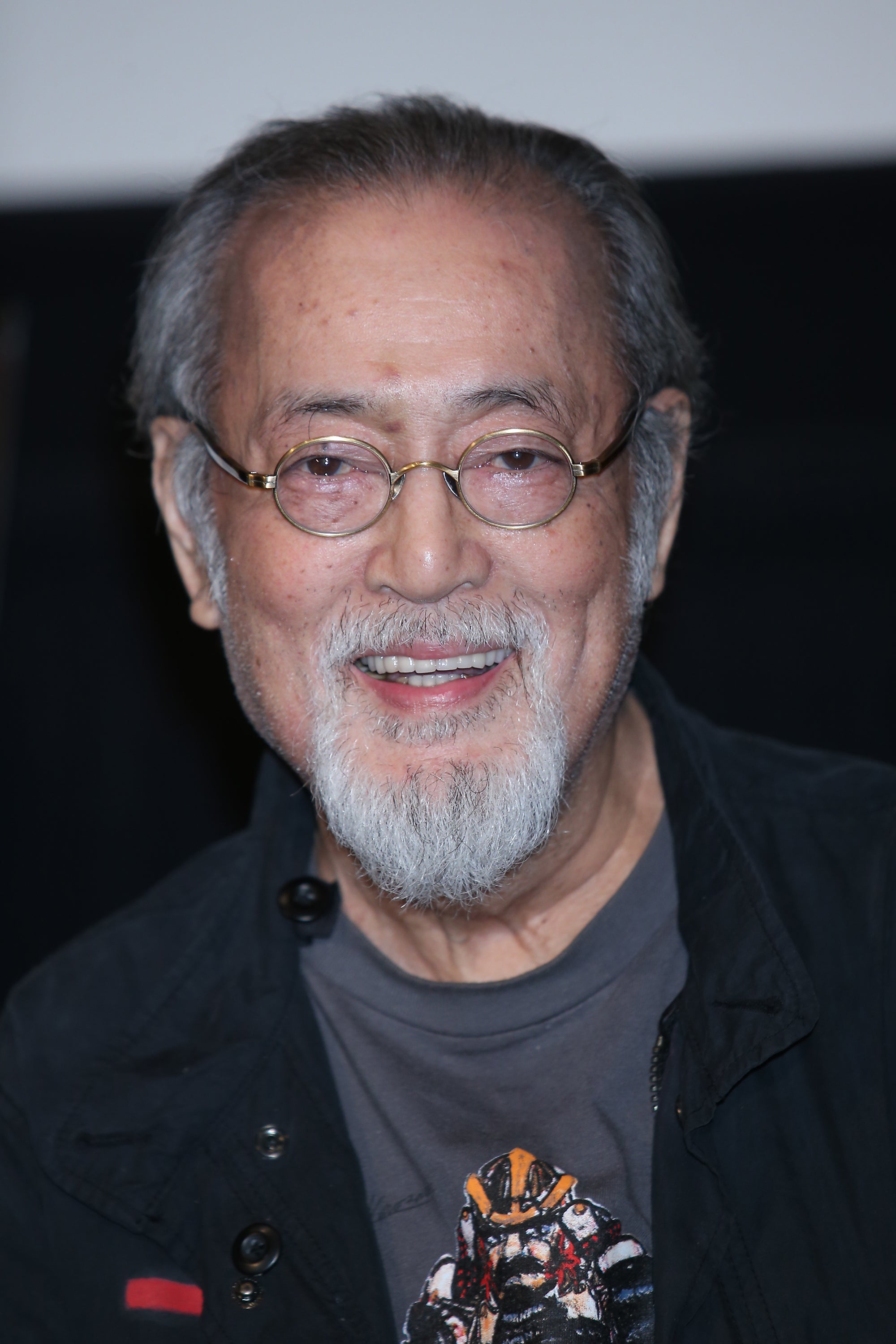Tatsuya Nakadai, one of the titans of post-war Japanese cinema and a defining screen presence for directors like Akira Kurosawa and Masaki Kobayashi, has died aged 92.
His death was confirmed by a spokesperson at his acting studio Mumeijuku. A source told Japanese news agency Kyodo that he died in a hospital in Tokyo from pneumonia early on Saturday.
Born in Tokyo in 1932, Nakadai became an emblem of Japan’s cinematic “golden age”, with more than 150 screen credits over seven decades and moving with ease between austere anti-war dramas and ferociously stylised samurai epics.
Born Motohisa Nakadai on 13 December 1932 in Tokyo, he was the second of four siblings. As a young adult, Nakadai trained at the Haiyuza Training School, entering the acting profession through the Shingeki (new theatre) movement, which emphasised a realism-based approach over the stylised gestures of traditional Kabuki and Noh.
While working as a clerk in a Tokyo shop in the early 1950s, he was spotted by director Masaki Kobayashi, who cast him in his prison-war drama The Thick-Walled Room (1956).
Nakadai’s screen debut had been even smaller: a fleeting, three-second appearance as a wandering samurai in Akira Kurosawa’s Seven Samurai (1954).
Through the 1950s and 1960s he emerged as one of Japan’s leading men, collaborating with many of its foremost directors. He starred in Kobayashi’s monumental anti-war trilogy The Human Condition (1959–61), playing Kaji, a pacifist conscript destroyed by an inhuman system, a performance that defined his early career and brought him national recognition.
His international breakthrough came with Harakiri (1962), where he played a rōnin whose ritual suicide exposes the hypocrisy of feudal codes. In a 2016 interview with Roger Ebert, Nakadai called it the work that would “stick with me, and that I will remember on my deathbed.”

Nakadai’s collaboration with Kurosawa deepened in later years. He co-starred with Toshiro Mifune in Yojimbo (1961) and, two decades later, played the double role of warlord and impostor in Kagemusha (1980), which shared the Palme d’Or at Cannes.
His most iconic performance came in Ran (1985), Kurosawa’s retelling of Shakespeare’s King Lear, where Nakadai, then in his early fifties, played the ageing warlord Hidetora Ichimonji with a controlled performance that balanced power and pathos.
Despite his long film career, which spanned more than 150 titles including Mikio Naruse’s When a Woman Ascends the Stairs (1960), Keisuke Kinoshita’s Immortal Love (1961) and later works such as The Battle of Port Arthur (1980), Nakadai considered himself a stage actor above all.
In 1975, he and his wife, the actor Yasuko Miyazaki, founded Mumeijuku in Tokyo to train young performers. Among its students was Koji Yakusho, who went on to become one of Japan’s most recognisable screen actors.
On stage, Nakadai continued to work deep into his eighties, starring in productions of Death of a Salesman, Barrymore, Don Quixote, and Shakespeare’s Hamlet, Macbeth, Othello, and Richard III.
He remained active in film and voice work well into the 21st century, lending his voice to Isao Takahata’s The Tale of the Princess Kaguya (2013) and appearing in Zatoichi: The Last (2010). His final screen role was in The Pass: Last Days of the Samurai (2020).
He received the Medal with Purple Ribbon in 1996 and, in 2015, the Order of Culture, the nation’s highest recognition for contributions to the arts and sciences.

